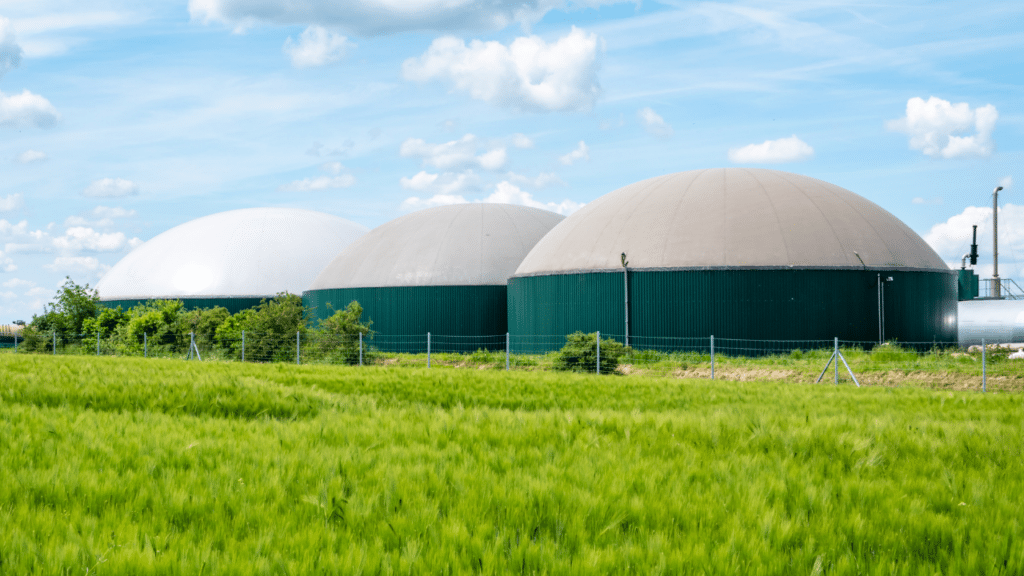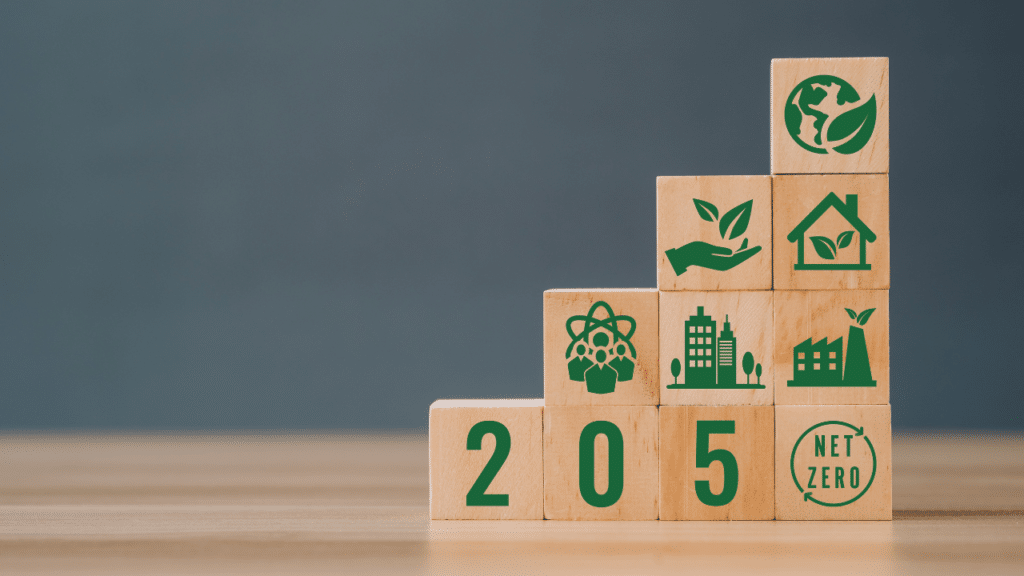Bioinformatician or Biostatistician?

Bioinformatician or Biostatistician: Choosing the Right Expertise for Your Business
Introduction:
Bionformatician or biostatitician? In the rapidly advancing field of life sciences, businesses face a growing need for specialized expertise to make sense of complex biological data. Two key roles that emerge are the bioinformatician and the biostatistician. These professionals play crucial roles in analyzing and interpreting data to drive insights and decision-making. In this blog post, we will explore the differences and similarities between these two roles and help you determine which one is right for your business.
Bioinformatician: Unraveling the Genomic Puzzle
Bioinformatics combines biology, computer science, and statistics to extract meaningful information from large-scale biological datasets. Bioinformaticians are skilled in managing, analyzing, and interpreting biological data, particularly genomic and proteomic data. Their expertise lies in developing and implementing algorithms, tools, and databases to explore patterns, uncover genetic variations, and understand molecular processes. By integrating computational methods with biological knowledge, bioinformaticians contribute to genomics, transcriptomics, metagenomics, and other data-intensive fields.

Biostatistician: Unlocking Insights through Statistical Analysis
Biostatistics focuses on designing, analyzing, and interpreting data from biomedical studies. Biostatisticians play a vital role in the planning, execution, and analysis of clinical trials, observational studies, and epidemiological investigations. They are skilled in statistical modeling, hypothesis testing, and data visualization, helping businesses make evidence-based decisions. Biostatisticians also collaborate with researchers to ensure study designs are sound, perform power calculations, and interpret results accurately. Their expertise spans experimental design, survival analysis, regression modeling, and the development of risk prediction models.
Key Similarities and Differences:
While both bioinformaticians and biostatisticians deal with biological data, there are notable differences in their approach and focus:
- Data Types: Bioinformaticians primarily work with high-throughput sequencing data, gene expression data, protein structures, and other genomic information. Biostatisticians, on the other hand, handle diverse biomedical data, including clinical trial data, observational data, and health-related surveys.
- Methodology: Bioinformaticians employ computational algorithms, machine learning, and data mining techniques to analyze large datasets. Biostatisticians utilize statistical methods, hypothesis testing, and modeling approaches to draw conclusions from biomedical data.
- Domain Knowledge: Bioinformaticians require a deep understanding of molecular biology, genetics, and genomics to effectively analyze and interpret biological data. Biostatisticians need a strong foundation in statistics, epidemiology, and study design principles to handle biomedical data appropriately.
Choosing the Right Expertise for Your Business:
Determining whether your business needs a bioinformatician or a biostatistician depends on your specific objectives and data requirements. Consider the following factors:
- Data Focus: If your business deals primarily with genomic data, such as DNA sequencing or gene expression analysis, a bioinformatician can provide the necessary expertise to unlock biological insights.
- Study Design and Clinical Trials: If your business is involved in clinical research or requires statistical analysis of clinical trial data, a biostatistician’s skills in experimental design, hypothesis testing, and data modeling are invaluable.
- Data Integration: If your business operates at the intersection of biology and technology, incorporating diverse datasets from genomics, proteomics, and clinical data, a combination of bioinformaticians and biostatisticians may be necessary for comprehensive analysis and interpretation.
Conclusion:
Bioinformaticians and biostatisticians are essential professionals in the field of life sciences, each with distinct skills and expertise. While bioinformaticians excel in unraveling genomic complexities, biostatisticians bring statistical rigor to biomedical research and decision-making. Choosing the right expertise for your business depends on your specific objectives, data types, and analytical needs. By understanding the differences and similarities between these roles, you can make an informed decision to drive your business forward in the dynamic world of biological data analysis.
Take a look at the currrent jobs that we have on offer within the life science world.











